The information was given at the Forum "Enterprises accompanying farmers and sustainable development" in 2024 with the theme: "Enterprises for a green, sustainable agriculture , adapting to climate change" organized by the Vietnam General Association of Agriculture and Rural Development on the afternoon of April 9, in Hanoi.
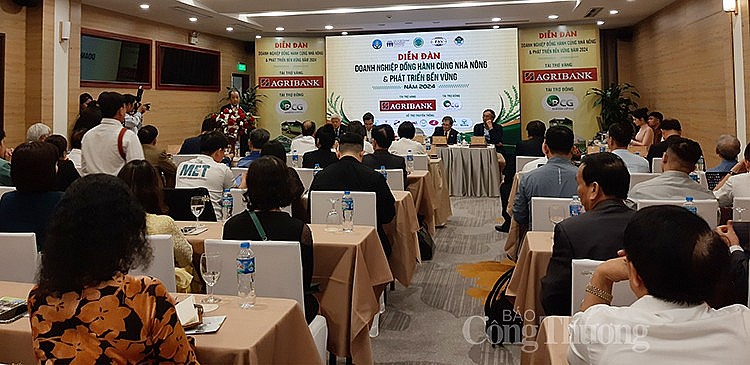 |
| Overview of the Forum |
Speaking at the opening of the Forum, Mr. Ho Xuan Hung - Chairman of the Vietnam General Association of Agriculture and Rural Development - said that the export turnover of agricultural, forestry and fishery products in the first quarter of 2024 reached 13.53 billion USD, an increase of 21.8% over the same period last year; trade surplus was 3.36 billion USD, with a growth rate of 96.5% over the same period last year. To achieve that result, enterprises have been playing a very important role in the value chain of the agricultural and rural development sector.
However, in reality, the number of enterprises investing in this area is still quite modest. By the end of 2023, the whole country will have about 50,000 enterprises investing in agriculture, compared to the total number of over 900,000 enterprises operating in our country. This is a quite modest number.
With the support of the Ministry of Agriculture and Rural Development in Official Dispatch No. 8231/BNN-KH dated November 15, 2023, the Vietnam General Association of Agriculture and Rural Development organized the 2024 Business Forum accompanying farmers and sustainable development with the theme: "Businesses for a green, sustainable agriculture, adapting to climate change".
At the forum, experts and the business community discussed and shared advantages and difficulties, thereby proposing and recommending solutions to the Government to join hands in building a green and sustainable agricultural development.
One of the inputs in green agricultural production is biological pesticides. Mr. Nguyen Van Son - Chairman of the Vietnam Pesticide Production and Trading Association - said that in 2016, Vietnam was the leading country in ASEAN in terms of quantity and types of biological pesticides registered and used.
In 2019, the Vietnamese biological pesticide market is estimated to reach a value of 30.7 million USD, and by 2024 it is expected to reach 65.7 million USD, a growth rate of over 16.4%/year.
According to Mr. Nguyen Van Son, currently, there are not many registered biochemical products with biological properties. Some preparations containing active ingredients azadirachtin, matrine, rotenone used to prevent thrips and some other pests on rice, vegetables, fruit trees, tea and many other crops have been registered.
Policies to encourage investment in research and application of modern technology to create biological pesticides have been issued, which is a key program for biotechnology development. The use of biological pesticides has been effective, initially changing people's thinking;...
Regarding the difficulties in developing biological pesticides, Mr. Nguyen Van Son said that the government has not had appropriate and strong enough policies to encourage research, production, trading and use of biological pesticides. Procedures are still cumbersome and complicated, and there is a lack of specific regulations on technical requirements for highly specialized biological pesticides.
On the other hand, biological pesticides cannot completely replace chemical pesticides. The cost is higher than chemical pesticides. There is no connection between research institutes and enterprises. Information and propaganda work to increase the use of biological pesticides is still limited.
Towards green production, the use of biological pesticides is necessary. Therefore, Mr. Nguyen Van Son recommends that it is necessary to learn technology research and transfer technology for the production of biological pesticides from countries with large, advanced and modern pesticide production such as: the US, China, India, Korea, Brazil.
In addition, it is necessary to study and learn about policies on management, registration and trading of biological pesticides from countries around the world. At the same time, there is a need for policy and capital support for areas producing and trading biological pesticides; there is a need for a research project on the market and the current status of production and trading of biological pesticides in Vietnam;...
Dr. Phung Ha – Vice President and General Secretary of the Vietnam Fertilizer Association – said that agriculture is heavily affected by climate change. On the other hand, the agricultural sector also emits the second largest amount of greenhouse gases after the energy sector, generated from the processes of production and use of fertilizers, pesticides, land management, rice cultivation, etc.
Therefore, reducing greenhouse gas emissions in agriculture in general and the fertilizer industry in particular is an important task to respond to climate change. Solutions to reduce greenhouse gas emissions in the fertilizer industry, including the production and use of fertilizers.
Proposing some solutions, Dr. Phung Ha said that it is necessary to promote research and development of green ammonia and green chemistry; focus on management methods, adjust nutritional composition according to crop needs to reduce losses to the environment, especially nitrogen fertilizers; increase the use of organic fertilizers, high-efficiency fertilizers, foliar fertilizers and use additives to inhibit N2O emission processes, anti-salinity and anti-flood additives, prioritize the use of substances of natural origin from minerals, plants, etc.
At the Forum, Vietnamese agricultural enterprises exchanged and learned experiences in organic and high-tech agricultural production and created an environment for investment linkages with American enterprises connected by the US-Vietnam Business Council. Within the framework of the Forum, a signing ceremony of Cooperation took place between the Vietnam General Association of Agriculture and Rural Development and the US-Vietnam Business Council.
Source




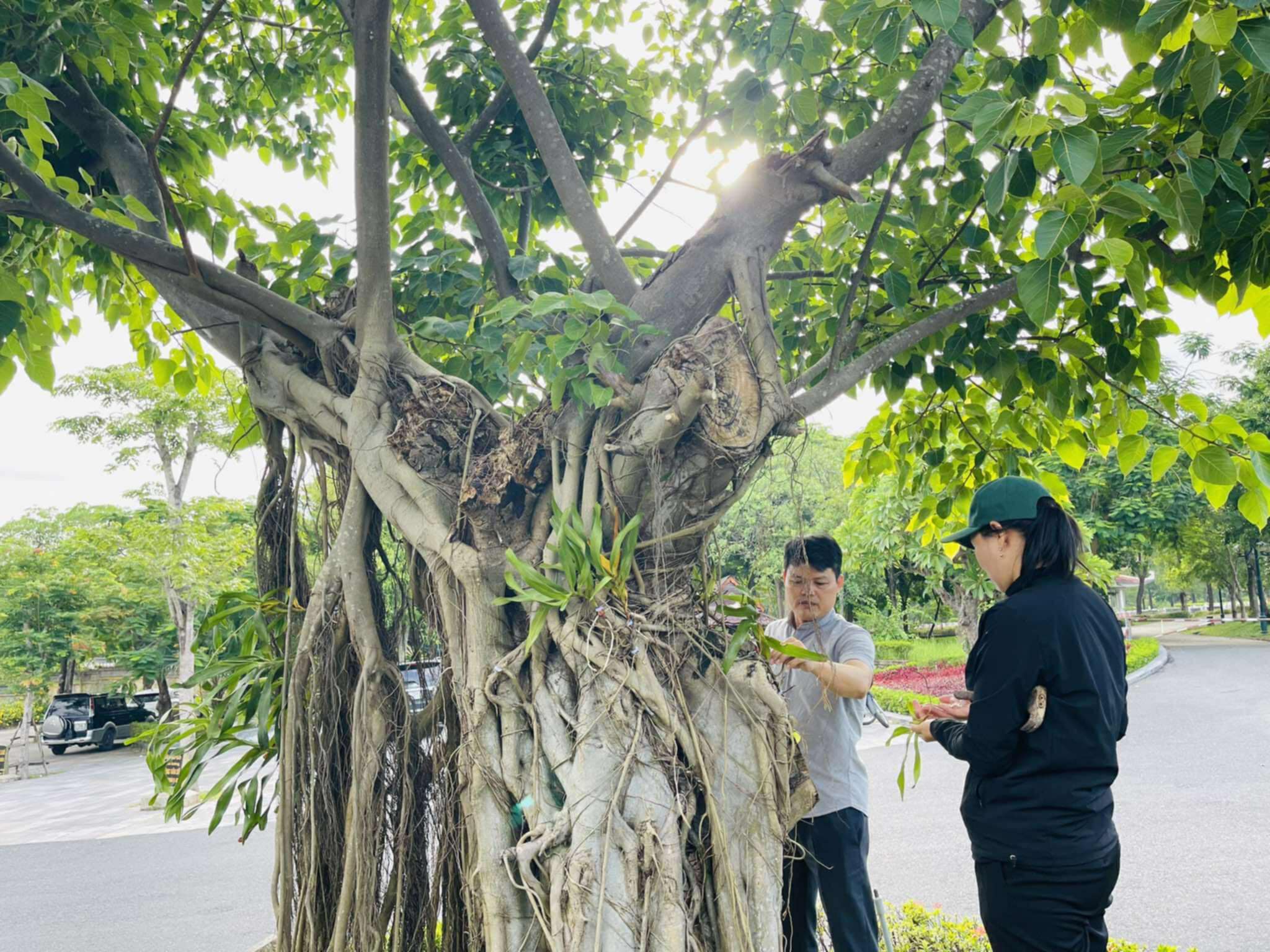

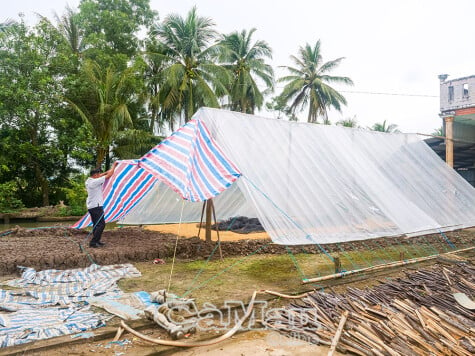
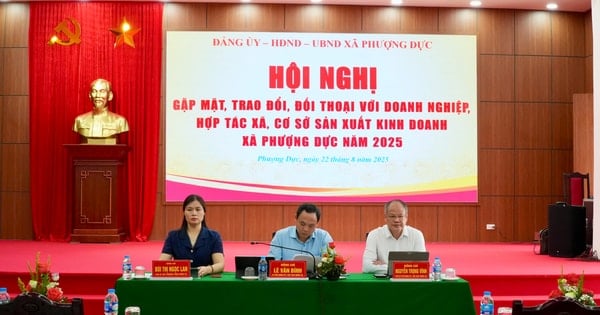
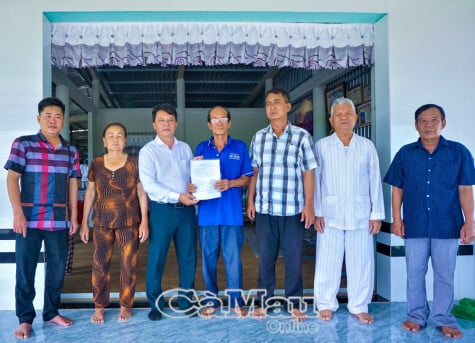
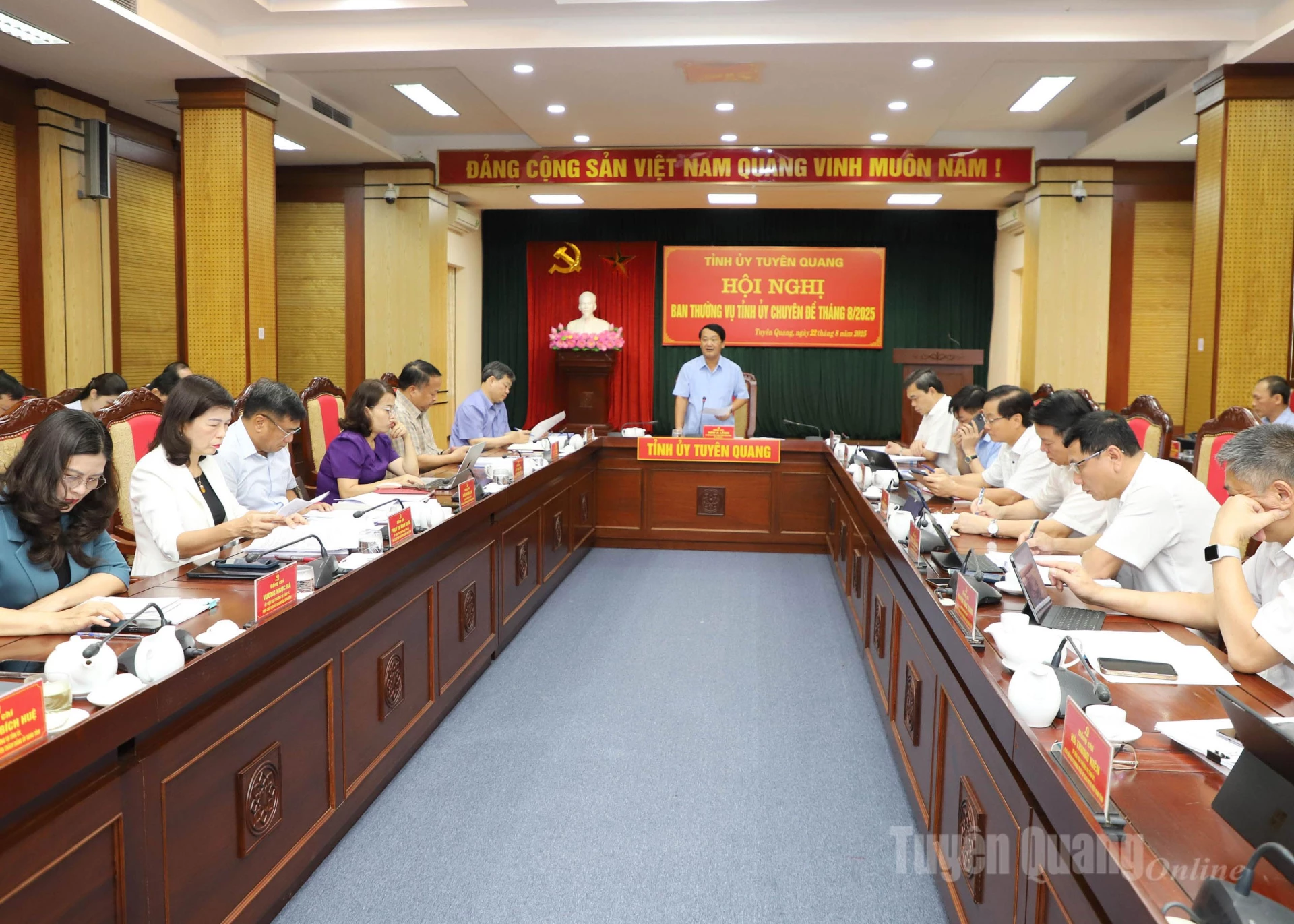
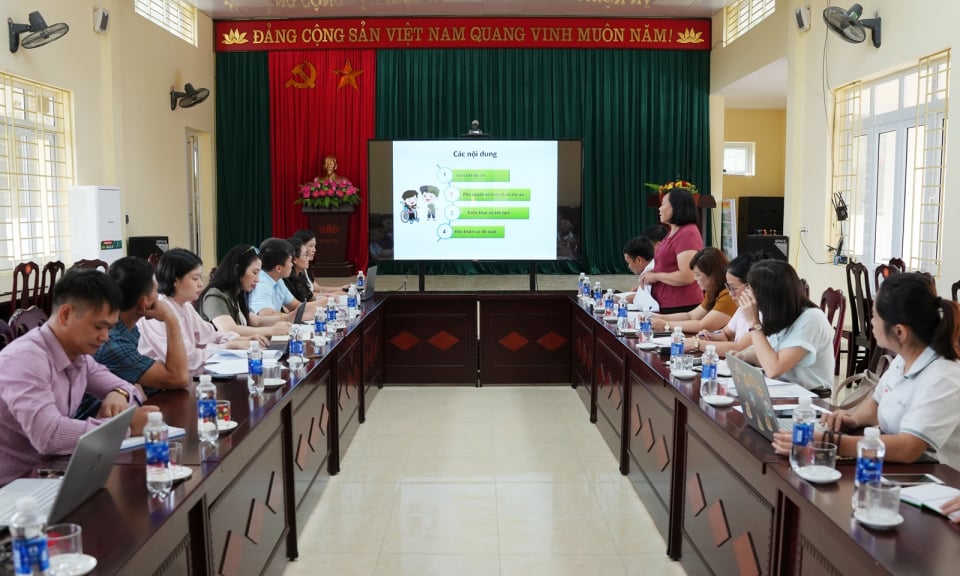
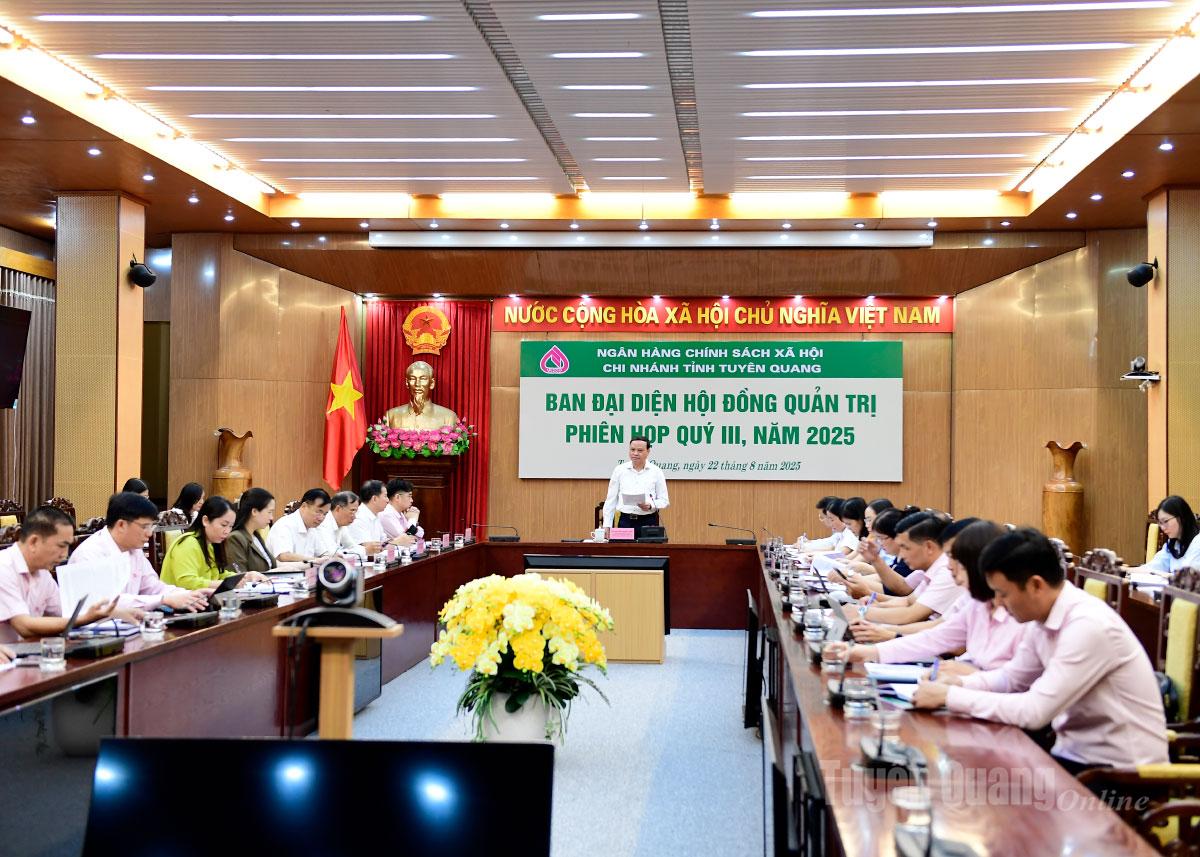
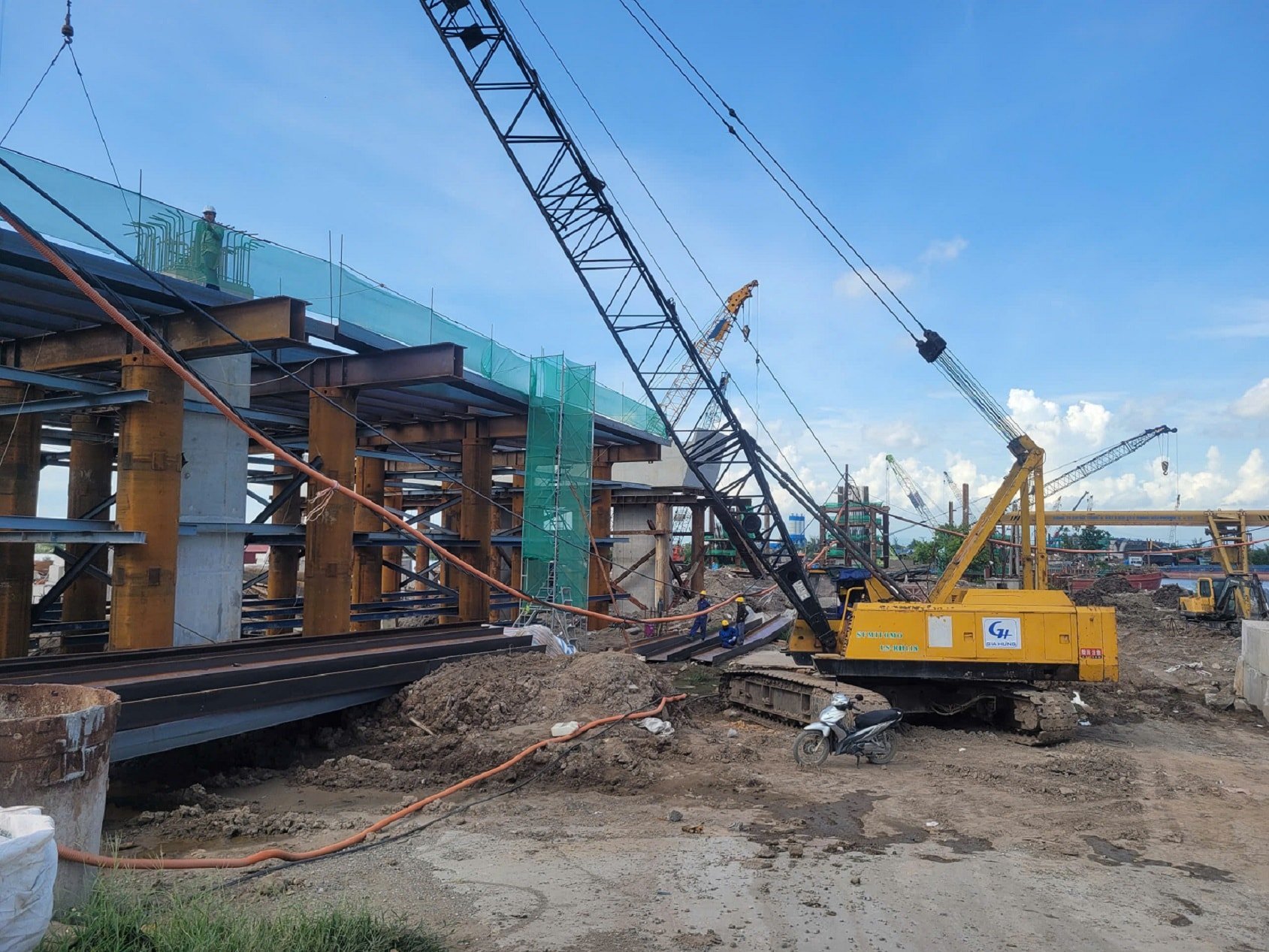


















































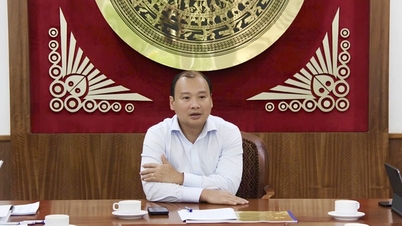



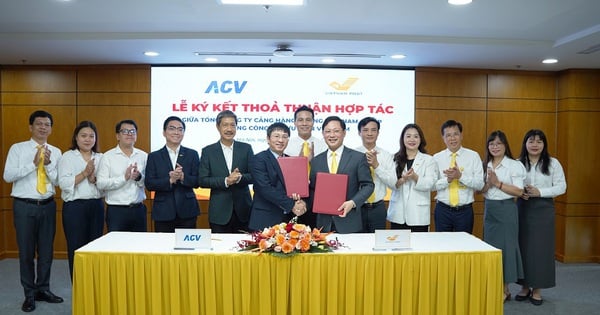




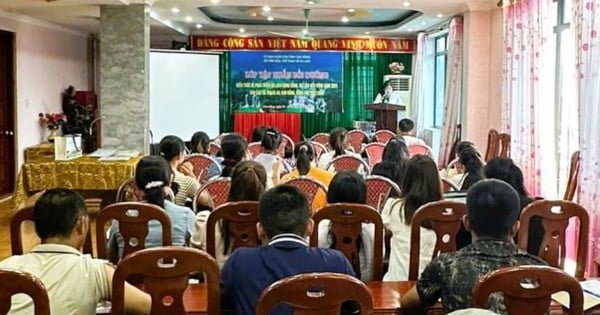
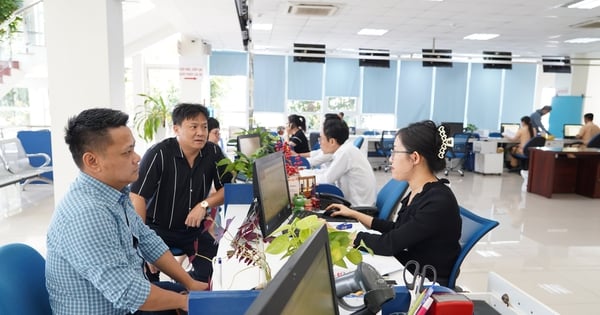












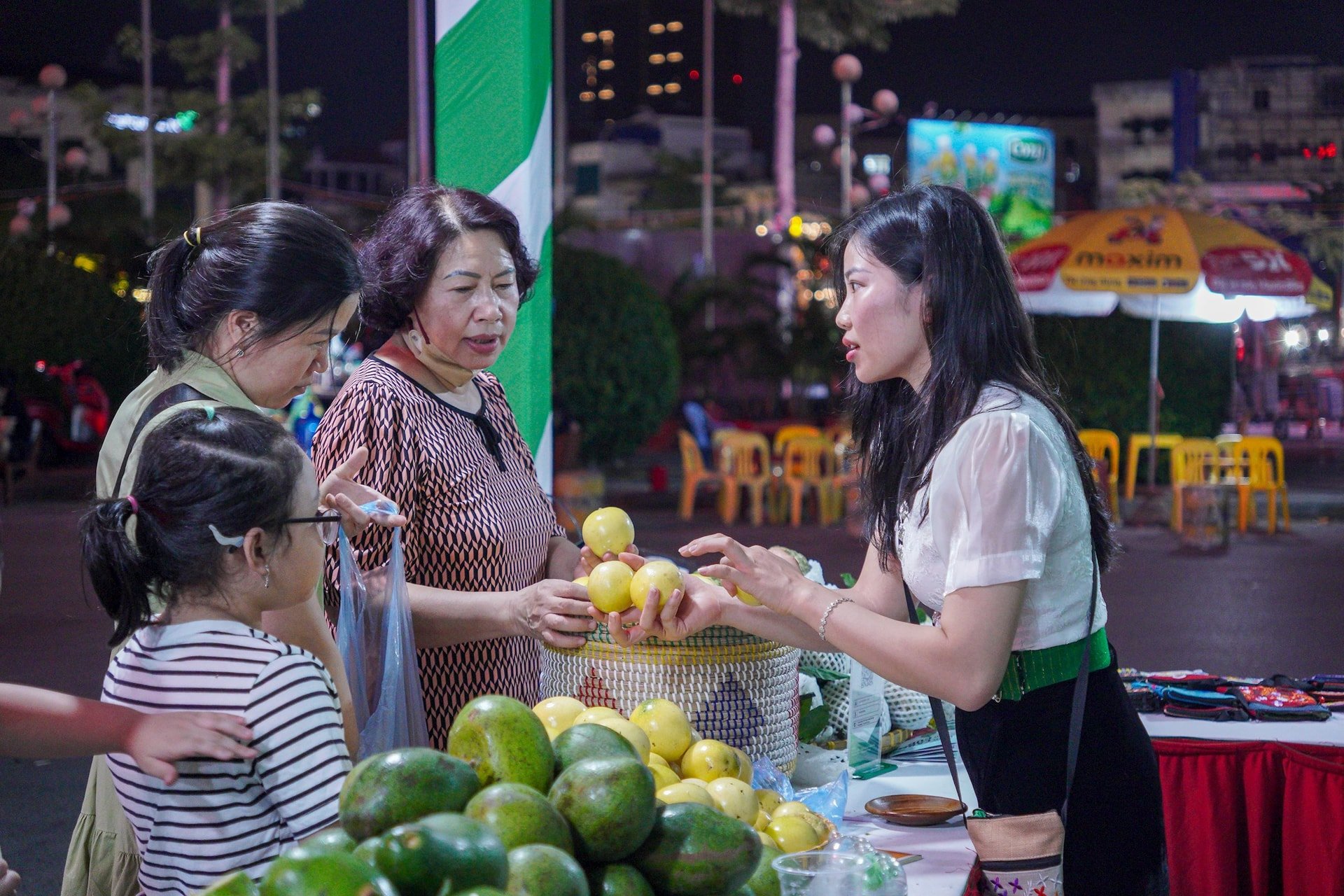



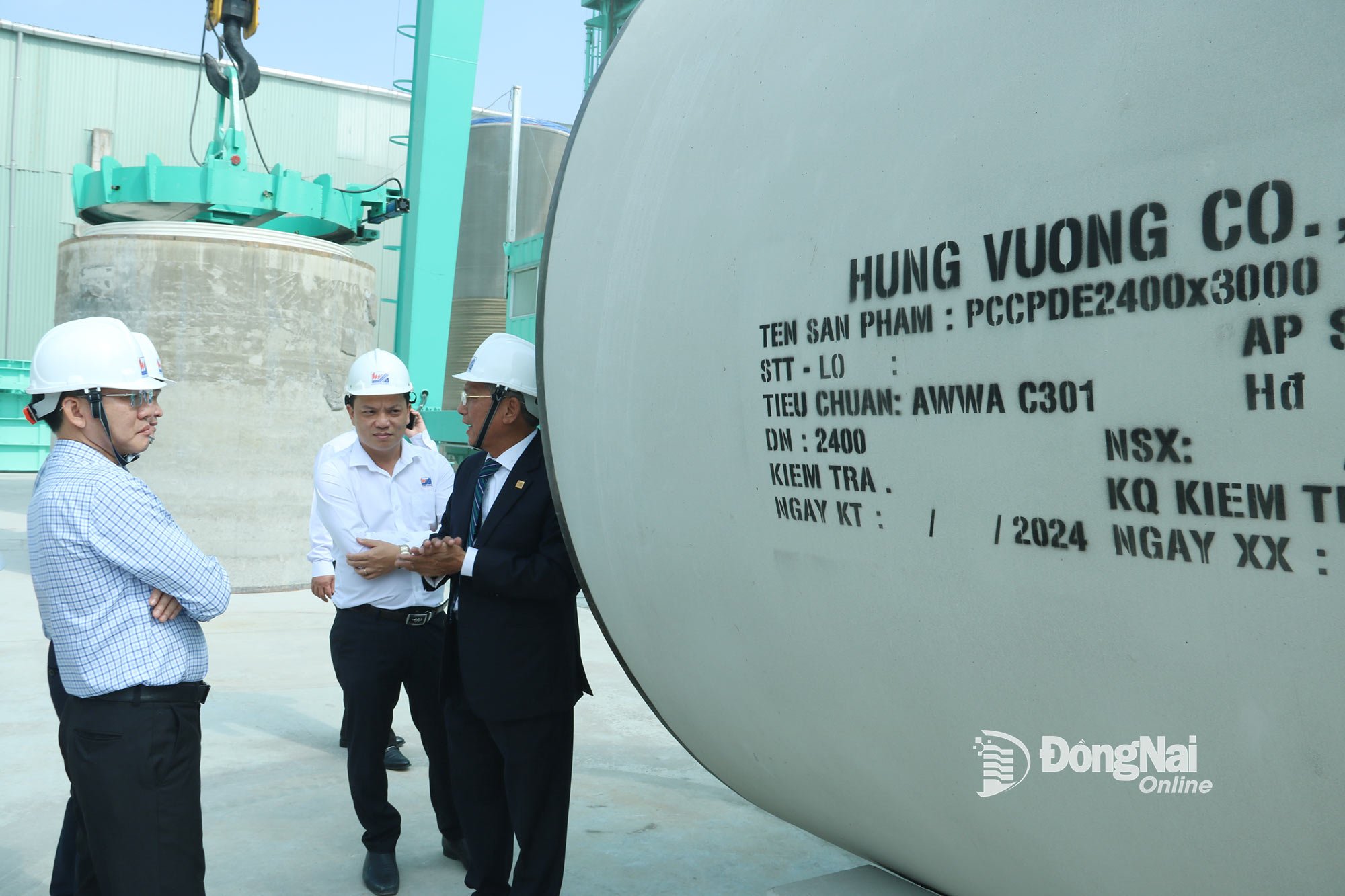






Comment (0)